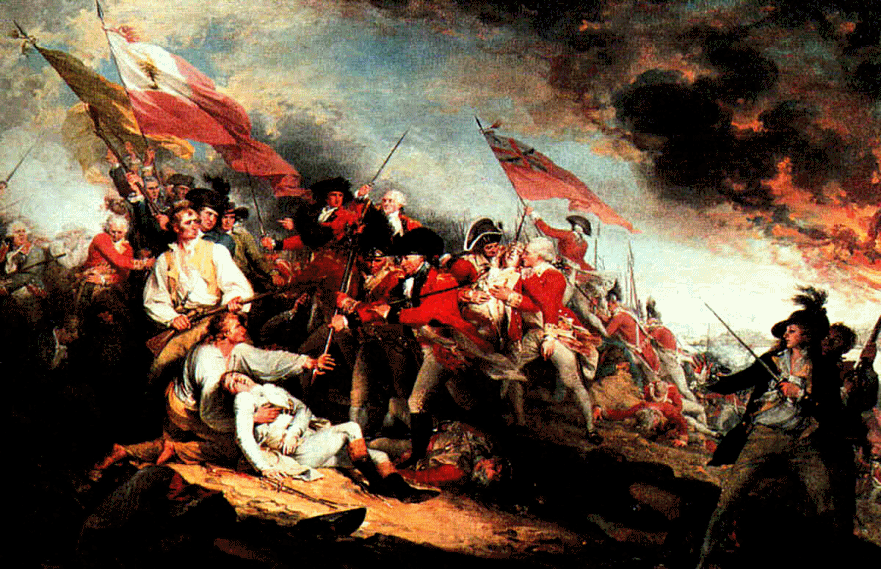"An Appeal to Heaven" Battle Flag
Short-Sleeve T-Shirt
Short-Sleeve T-Shirt
Couldn't load pickup availability
Product Features
This thick cotton t-shirt makes for a go-to wardrobe staple! It's comfortable, soft, and its tubular construction means it's less fitted.
• 100% ring-spun cotton
• Heather Grey is 90% cotton and 10% polyester (all other heather colors are 35% cotton and 65% polyester)
• Fabric weight: 4.3 oz/yd² (145.79 g/m²)
• Pre-shrunk
• Shoulder-to-shoulder taping
• Double-stitched sleeves and bottom hem
• Blank product sourced from Haiti, Honduras, Mexico, or Bangladesh


-

"An Appeal to Heaven Flag" History
The Tree Flag, featuring a pine tree with the motto “An Appeal to Heaven” or sometimes “An Appeal to God” was used originally by a squadron of six cruiser ships commissioned under George Washington’s authority as commander in chief of the Continental Army in October 1775.
The design of the flag came from General Washington’s secretary, Colonel Joseph Reed. The pine tree had long been a New England symbol being depicted on the Flag of New England flown by colonial merchant ships dating back to 1686. Leading up to the Revolutionary War it became a symbol of Colonial ire and resistance.
“And where the body of the people, or any single man, is deprived of their right, or is under the exercise of a power without right, and have no appeal on earth, then they have a liberty to appeal to heaven, whenever they judge the cause of sufficient moment. And therefore, though the people cannot be judge, so as to have, by the constitution of that society, any superior power, to determine and give effective sentence in the case; yet they have, by a law antecedent and paramount to all positive laws of men, reserved that ultimate determination to themselves which belongs to all mankind, where there lies no appeal on earth, viz. to judge, whether they have just cause to make their appeal to heaven.” -John Locke



